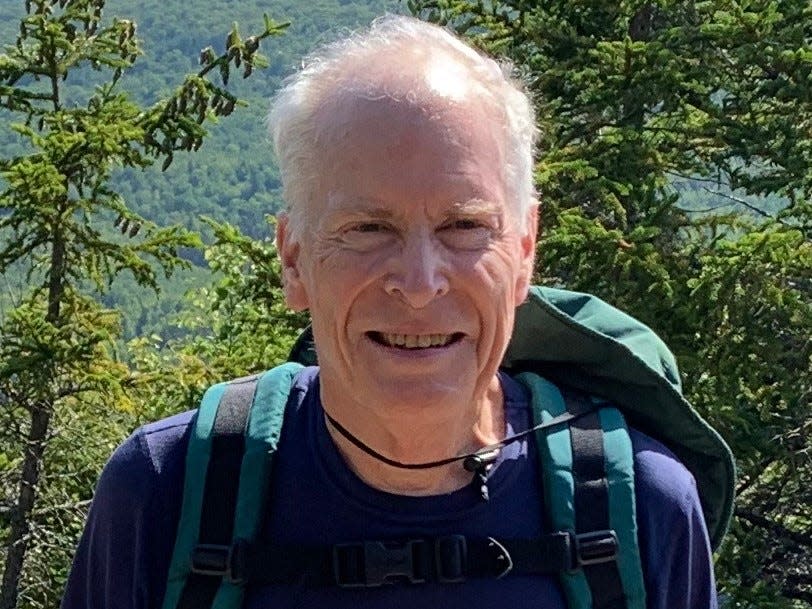In college protests, schools often can do little to actually meet protesters' demands
Campus protests are as old as universities themselves. The first university at Bologna, Italy, in fact was the creation of students who sought independence from the city’s governors. Students at America’s colonial colleges protested against policies and practices with food riots and pranks.
When civil rights protests in the ‘50s and ‘60s spread across the nation, students sat in at lunch counters in the South, marched with Martin Luther King Jr., and worked against segregation and discrimination policies. The Free Speech Movement at Berkeley spread across the nation as did (sometimes violent) protests against the Vietnam War. Petitions were mounted to force university endowments to divest from companies doing business in South Africa or from companies complicit in petroleum production.
More: Iowa State students rally for Palestinians, press university to divest from Collins Aerospace
College presidents as far back as Nathaniel Eaton at Harvard in 1639 have lost their jobs at the hands of student protesters. (He had a policy of beating miscreants.) Eaton was too strict. Clark Kerr at Berkeley was not strict enough in dealing with the Free Speech protests, according to California’s governor, Ronald Reagan. Kerr was sacked, commenting, “I left the presidency just as I had entered it: fired with enthusiasm!”
Protests on the campus have set major changes beyond colleges’ grounds by bringing intensity and attention to many causes. On the other hand, they have often proved futile as students’ attention wanes when they can’t achieve instant results.
Another View: Joe Biden refuses to condemn the killing of Palestinians. I can no longer support him.
The current wave of protests against Israel’s war in Gaza seem focused on divestment of university endowments from companies “doing business” with or “supporting” Israel’s defense capabilities. The merits of the case aside (and it is indeed a complicated mess to untangle), divestment is a blunt and misdirected instrument fraught with legal implications and not likely to affect either corporate practices or Israel’s actions.
Trustees function as fiduciaries whose principal duty is to the beneficiaries of the trust. They are obliged to follow the “prudent man” rule by exercising care and common sense to preserve the principal and income of the trust’s corpus of investments. Trusts that support universities (called “endowments”) are all unique. Some are bound by donor’s terms. Others are so large as to be managed by separate corporate entities (Harvard, for example). Presidents may have little or no say in how a board of trustees manages the trust’s assets because they are only one among equals on the board and may not even have a vote.
Trustees can either sell stocks or use what leverage they have to vote their shares in corporate decisions. Since many endowments are invested in independently managed funds, universities may have no direct path from stock ownership to influence over corporate policy. Even if they could assert their values directly, they would be liable to accountability for their prudence as fiduciaries.
They also may have no moral problem with Israel’s self-defense to begin with. Whether Israel has responded disproportionately or with legitimate fear for the nation’s (and faith’s) existence is a judgment far removed from management of university endowments.
Students may freely protest, but they may neither disrupt university operations nor damage university property without consequence. Presidents are hemmed in except to the extent that they can fairly act to protect life, property, and the teaching/learning functions of their institutions. They can, of course, speak powerfully to the concerns of student protesters and should take stands in support of justice, peace, and reconciliation. But they should also direct students to the most culpable parties in the war. Those would be the politicians ordering and directing the violence. Colleges’ endowment funds have little or nothing to do with the war except in the most indirect way.

David W. Leslie of West Des Moines is chancellor professor of education emeritus at the College of William and Mary.
This article originally appeared on Des Moines Register: College protests: Schools often can do little to meet student demands

